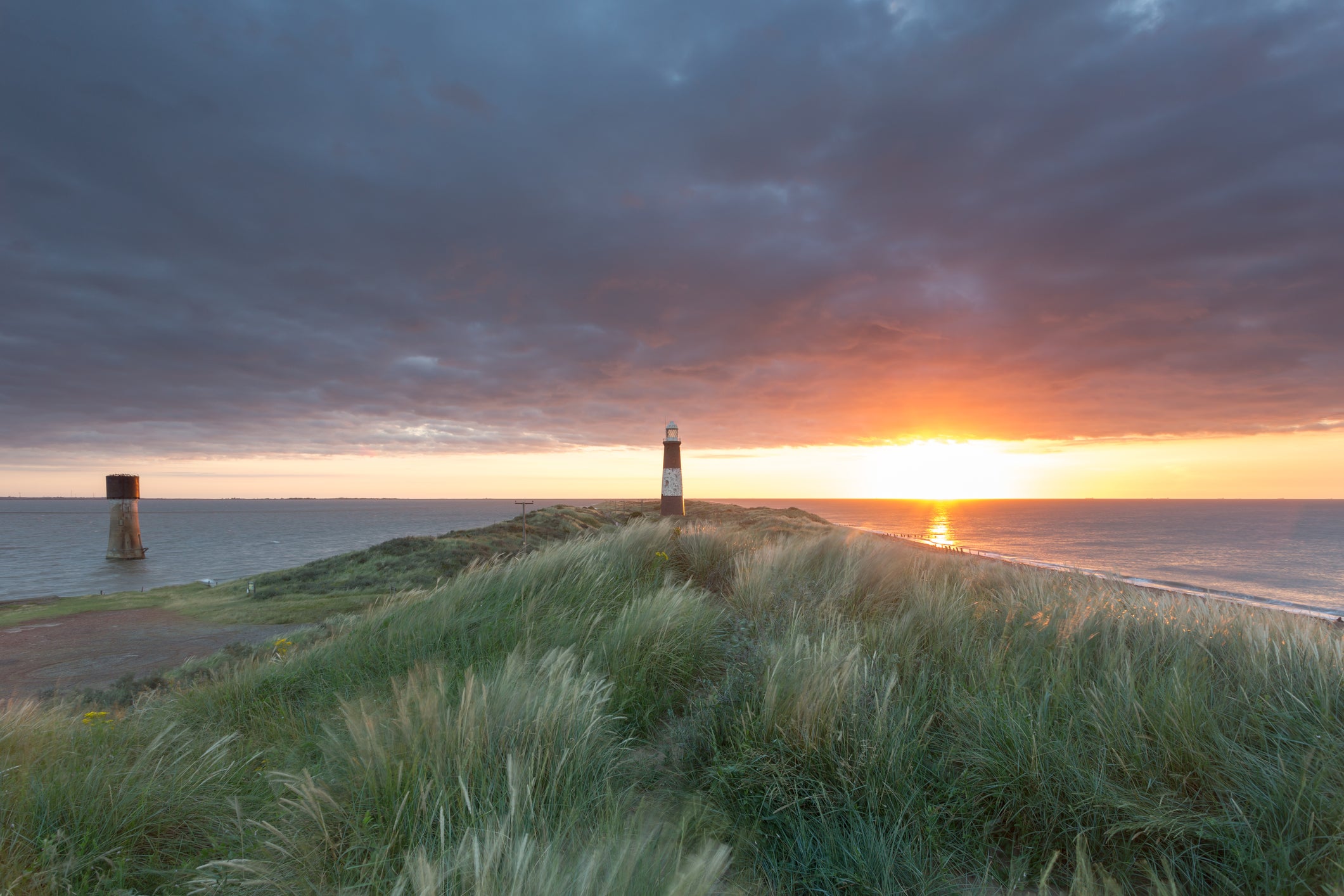‘Distress signals from the prehistoric era’: Could folklore save us from the perils of rising sea levels?
Our mythology is full of stories about climate catastrophes – and it’s important to listen to these warnings from the past, writes Harry Cockburn

This is the first stanza of Christopher Reid’s 2020 poem Charms of Lost Villages, about the fate of the mysterious lost town of Ravenser Odd, dubbed “Yorkshire’s Atlantis”:
Thanks to a prank of God / the fine folk of Ravenser Odd / no longer sleep under the sod / But mingle with herring and cod.
For over a hundred years the town, meaning “raven’s tongue” in old Norse, was an important shipping waypoint, with wharves, warehouses, hundreds of homes, two MPs, a court and a prison. But in January 1362 the cataclysmic Grote Mandrenke storm, also known as St Marcellus’s Flood, swept across the British Isles, the Netherlands, northern Germany and Denmark, causing at least 25,000 deaths, and destroying settlements including Ravenser Odd.
Subscribe to Independent Premium to bookmark this article
Want to bookmark your favourite articles and stories to read or reference later? Start your Independent Premium subscription today.
Join our commenting forum
Join thought-provoking conversations, follow other Independent readers and see their replies